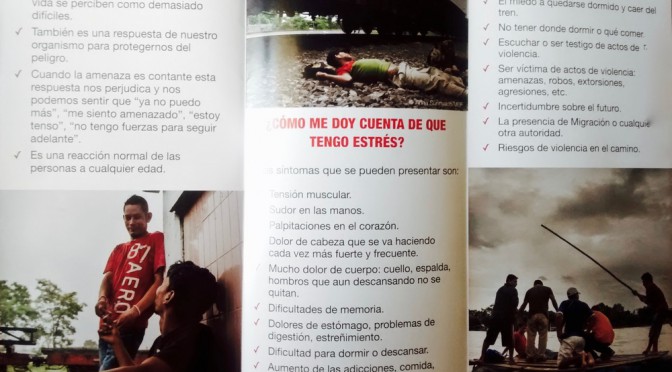The Centre for Research in Young People’s Texts and Cultures is pleased to announce that the 2015 Winter Issue of Jeunesse: Young People, Texts, Cultures is available.
The following sections are open access:
– Editorial, “For the Record,” by Mavis Reimer
– Forum on Keywords in the Cultures of Young People, with essays by Elizabeth Marshall, Derritt Mason, and Tyler Pollard, Louise Saldanha, Kristine Alexander, Awad Ibrahim, Lisa Weems, and Natasha Hurley
– Review essays by Robert Bittner, Daniel Bratton, Christina Fawcett, and Melissa Li Sheung Ying
Articles in this issue include:
– “Postnational Possibilities in Two YA Novels about Taiwan: The American Trace” by Emily Murphy
– “Art Spiegelman’s In the Shadow of No Towers as Board Book: From the Matter of Materiality to the Way That Materiality Matters” by Michelle Ann Abate
– “Gregor the Overlander and A Wrinkle in Time: Father Lost, Father Found” by Chantel Lavoie
– “Representations of Happiness in Comedic Young Adult Fiction: Happy Are the Wretched” by Nerida Wayland
Housed in the Centre for Research in Young People’s Texts and Cultures (CRYTC) and produced with funding from the Social Sciences and Humanities Research Council of Canada (SSHRC), Jeunesse: Young People, Texts, Cultures is an interdisciplinary, refereed academic journal whose mandate is to publish research on and to provide a forum for discussion about cultural productions for, by, and about young people.
More information on how to submit papers and how to subscribe can be found on our website:http://www.jeunessejournal.ca.
To recommend Jeunesse to your institution’s library, download our form.


